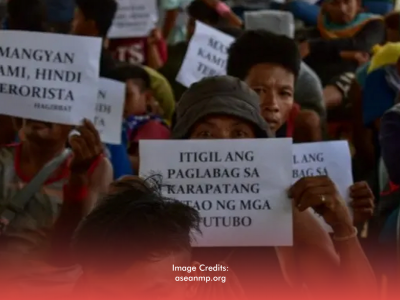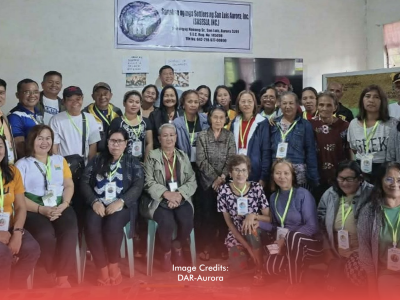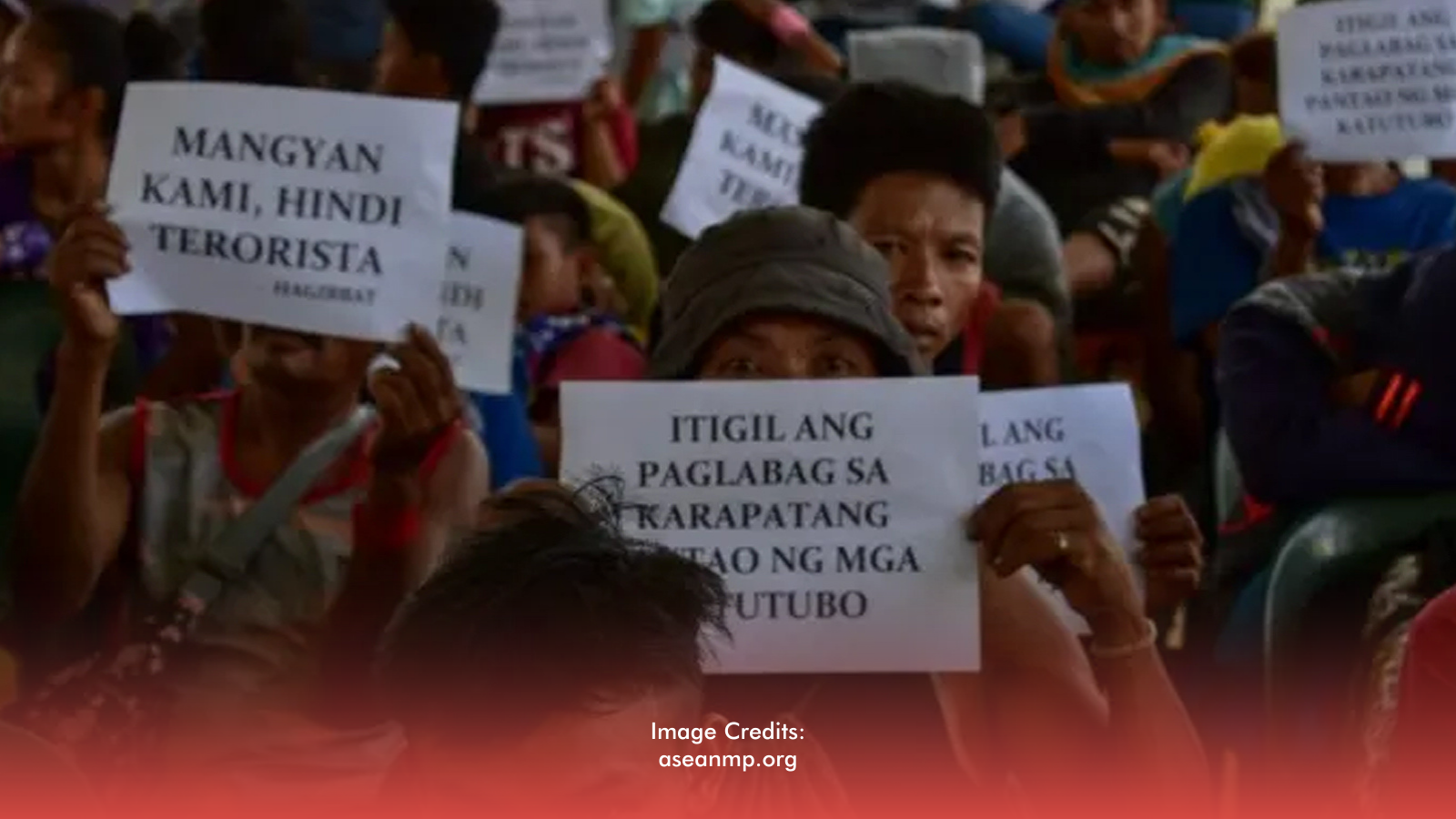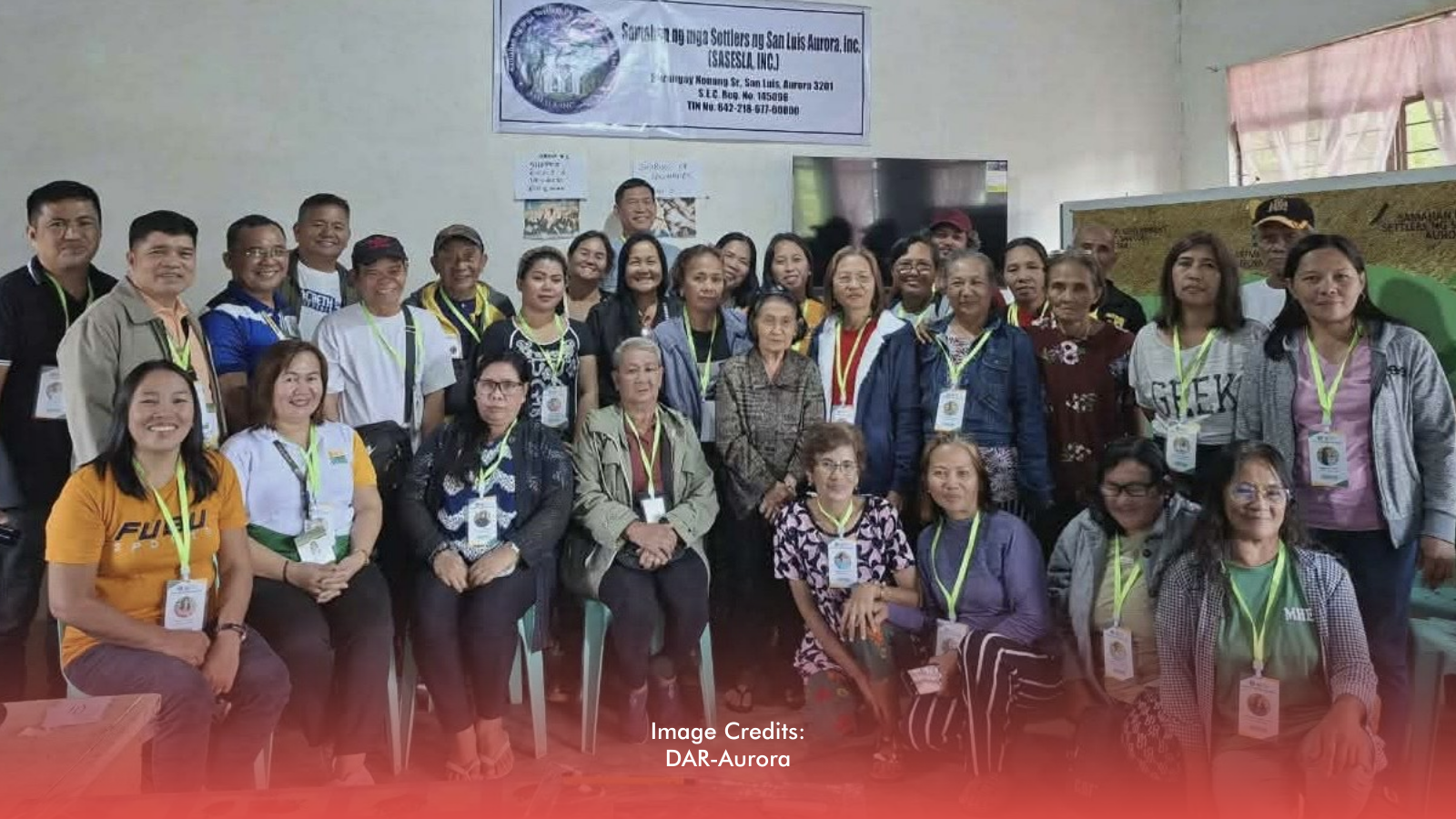In a recent episode of the “Serbisyo Las Piñero” health edition program, the Las Piñas City government shared insights into the increasing HIV cases in the city.
City Health Office Medical Director Dr. Dhaniel Calma, HIV/AIDS Control Program Medical Coordinator Dra. Maria Alinea Salatan, and City Nurse Jaydee Trinidad reported a total of 1,536 HIV cases recorded in June 2023.
The report revealed that the highest number of infections was found in the working group, constituting 49 percent (746 cases), followed by the youth with 23 percent (435 cases). Notably, the city clinic is providing care to a 16-year-old patient, highlighting the importance of accessible healthcare.
Empowering Awareness Campaign
Rather than focusing solely on alarming statistics, the emphasis is on the informed and proactive steps taken by the city government.
In response to the challenge, they have launched an empowering awareness campaign on HIV. The primary goal is to educate individuals about safe practices, fostering a culture of responsibility and care within the community.
As part of this initiative, the city government will provide free HIV testing services from 8:00 a.m. to 5:00 p.m. Additionally, extended testing hours, from 5:00 p.m. to 8:00 p.m., will be offered to the working group. Pregnant women will also benefit from free HIV testing, ensuring the health and well-being of both mothers and babies.
National Perspective
The situation in Las Piñas reflects a broader concern within the Philippines, acknowledged by the Department of Health, which is experiencing a rapidly growing HIV epidemic in Asia and the Pacific. However, the focus remains on the positive response to address these challenges.
Legislative Proactiveness
In 2008, former President Rodrigo Duterte signed Republic Act 11166, commonly known as the 'Philippine HIV and AIDS Policy Act.' This pivotal legislation aims to fortify the nation's response to the HIV and AIDS crisis. Notably, the law facilitates the swift provision of free HIV treatment and addresses associated illnesses, marking a crucial step in enhancing healthcare accessibility for affected individuals. By establishing a comprehensive legal framework, the Act underscores the government's commitment to effectively manage and combat the challenges posed by the HIV epidemic in the Philippines.








